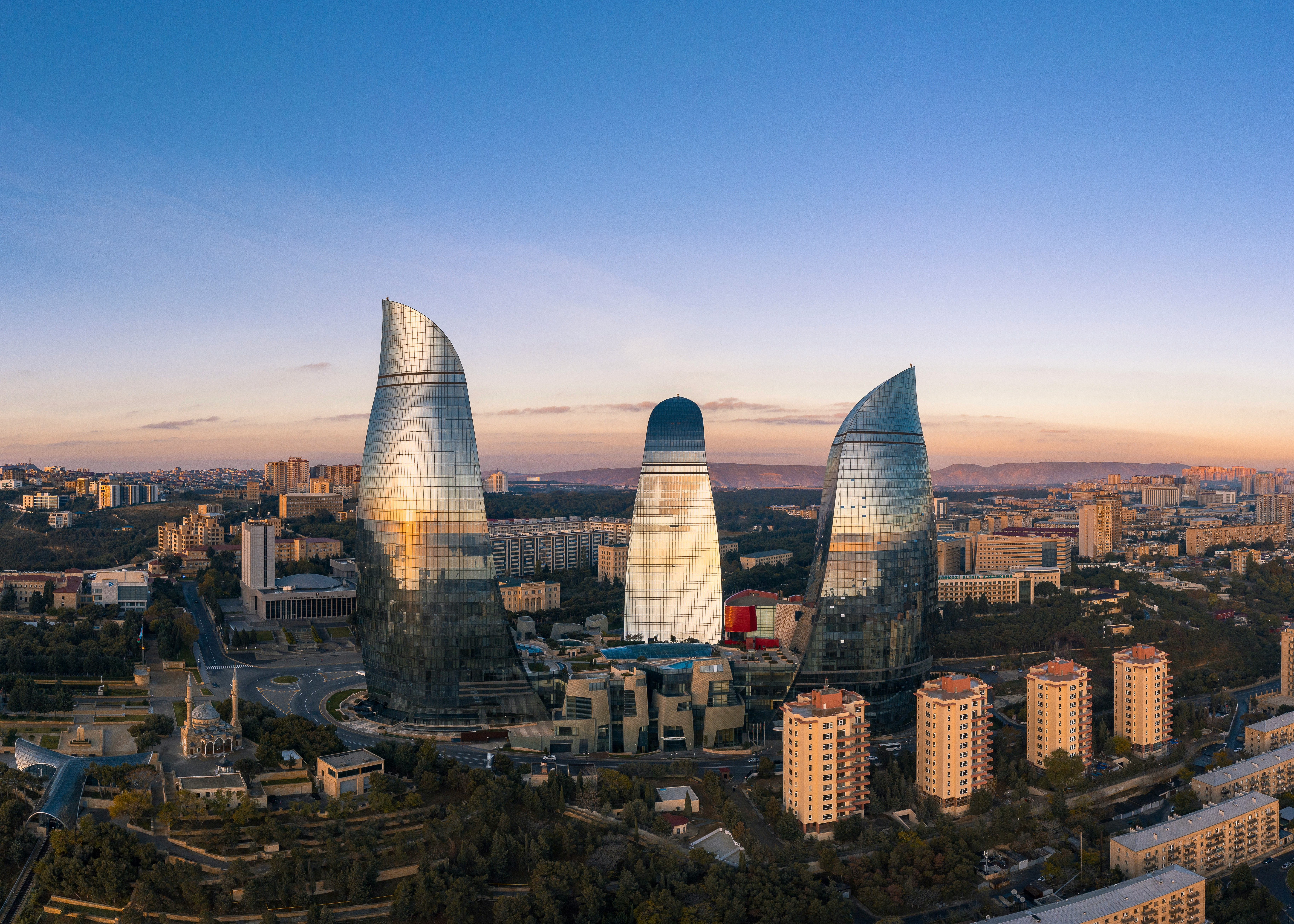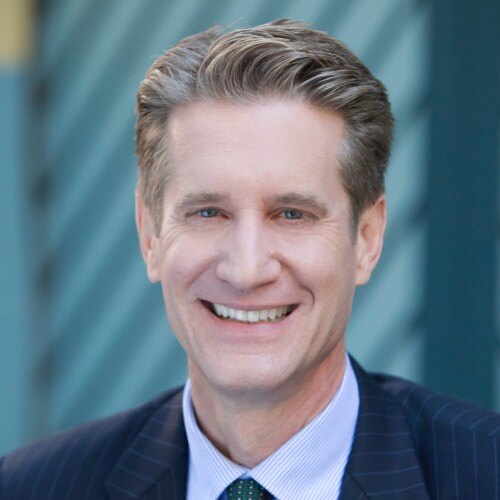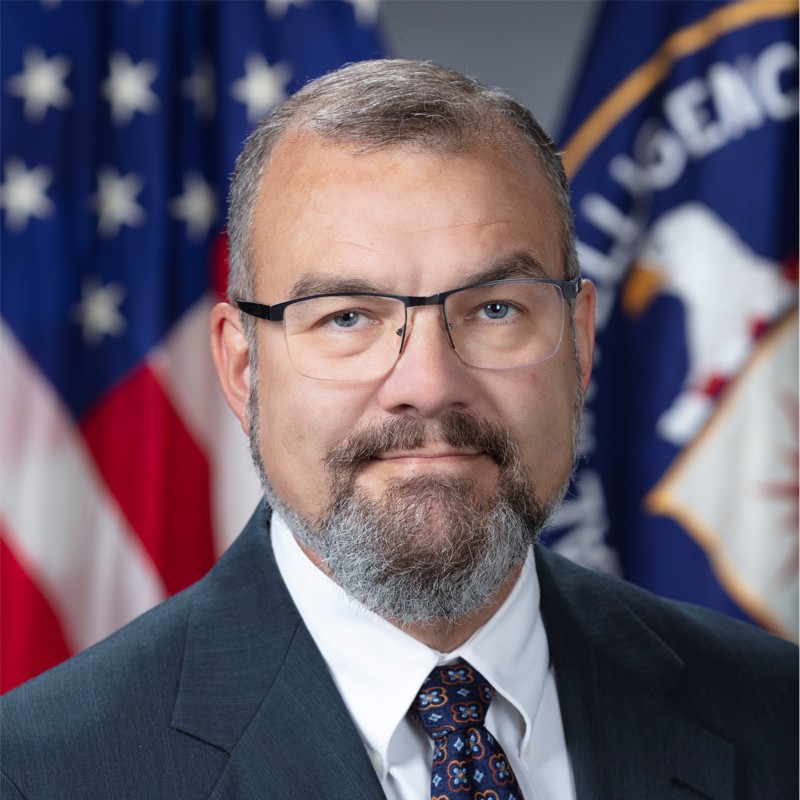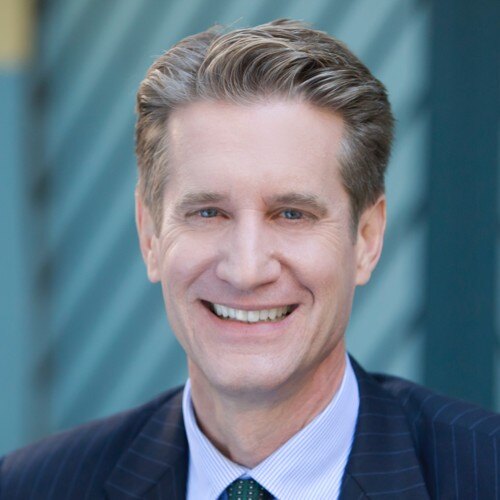
The 29th Conference of the Parties (COP29) to the United Nations Framework Convention on Climate Change (UNFCCC) convened in Baku, Azerbaijan, marking another milestone in the global fight against climate change.
Signed by 154 nations at the 1992 Earth Summit in Rio de Janeiro, the UNFCCC has served as a cornerstone for international climate action. This year, more than 100 world leaders gathered in Azerbaijan's capital to discuss critical issues, with a landmark climate finance deal topping the agenda.
As leaders and experts reaffirmed their commitment to addressing the climate crisis while fostering equity and inclusivity, the conference spotlighted a comprehensive approach to mitigating climate change's effects, underscoring the need for immediate action and innovative solutions.
A New Era for Climate Finance
Under the Paris Agreement signed in 2015, world leaders pledged to prevent global temperatures from rising by more than 1.5C. For that to happen, countries must ramp up their efforts to cut warming gases.
As part of the agreement, countries committed to increasing financial support to the most vulnerable countries. The conversation moved beyond the $100 billion annual pledge by developed countries, which they never met—to a new New Collective Quantified Goal (NCQG) of $320 billion per year while calling for best efforts to reach $1.3 trillion by 2035 in contributions by all public and private sources. This money would help emerging economies cut their carbon and adapt to the worst impacts of rising temperatures.
Although India, Nigeria, and other developing countries deemed this target vastly insufficient and called instead for annual contributions of $1.3 billion by developed countries, the Joint Statement by the Co-Chairs of the Independent High-Level Expert Group on Climate Finance welcomed the outcome. “This is about fairness and global solidarity,” emphasized geopolitical strategist Ambassador Matthew Bryza, Managing Director at Straife and leading advocate at COP29. “The countries that have contributed least to climate change are often the hardest hit. It’s imperative that we channel funds where they’re needed most.”
Debates continue to balance public and private finance contributions, ensure accessibility, and avoid restrictive conditions that could hinder equitable support. Transparency and accountability in fund allocation are also emphasized, alongside integration with broader socio-environmental objectives, including gender equality and indigenous rights. Delegates also underscored the importance of transparency and accountability in allocating and utilizing climate finance, ensuring funds drive meaningful change.
Women in Climate Leadership
Central to COP29’s discussions was the call for greater inclusivity in climate leadership. Recent evidence shows that for every 1°C increase in long-term average temperatures, women farmers lose 24% more of their income than men.
Experts highlighted how empowering women and ensuring decision-making authority and access to climate finance could unlock untapped potential in achieving global climate goals. "Women are on the front lines of climate change impacts, yet they are often excluded from decision-making processes. It’s time we change that," said Ambassador Bryza.
With positive indicators towards gender inclusion in national climate plans, COP29 presents an opportunity for world leaders to elevate gender responsiveness to a global stage, prioritizing gender equity in climate policies and financing mechanisms.
Scaling Up Adaptation and Carbon Market Progress
The summit also saw significant progress in advancing a stable and effective international carbon market. COP29 achieved breakthroughs that had eluded previous conferences, moving closer to a globally integrated system to support emissions reduction and trading. The conference built on early momentum, with a sharper focus on adaptation measures and carbon market frameworks. Simon Stiell, UN Climate Change Executive Secretary, called for urgent action to bridge the stark financial gap for climate adaptation, which could rise to $565 billion annually by 2050. He described this as "a lifeline for global climate resilience" and urged all nations to submit National Adaptation Plans (NAPs) by 2025.
Discussions centered on standardizing rules for trading carbon credits, an essential tool in reducing greenhouse gas emissions. Delegates agreed that a transparent, well-regulated carbon market could attract private investment, drive innovation, and lower costs for sustainable transitions. This progress was welcomed by many, though Stiell cautioned that "significant challenges remain" before comprehensive agreements can be finalized.
"Establishing a reliable carbon market framework is not just about reducing emissions; it’s about creating a global system that rewards innovation and efficiency," noted Sahib Aliyev, Straife’s Business Development Director for the Greater Caspian Region, who attended COP29 with Ambassador Bryza.
A Positive Outlook Amid Challenges
The discussions at COP29 reaffirmed that progress is possible when nations align on shared priorities, yet challenges like bridging adaptation financing gaps and finalizing carbon market agreements persist. The agreements reached in Baku represent a crucial step toward realizing the ambitions of the Paris Agreement and accelerating global climate action.
Ambassador Bryza concluded, “COP29 has proven that climate action is not just about survival—it’s about seizing opportunities for a sustainable, equitable future.”
COP29 concluded with a renewed commitment to action and collaboration, paving the way for ongoing progress in global climate governance. As the world reflects on the conference's outcomes, one thing is clear: collaboration, equity, and innovation will be the pillars of meaningful progress. The road ahead is challenging, but the determination and optimism radiating from Baku signal a brighter, greener future for all.
Related posts



Stay connected
Subscribe to receive the latest risk management news, research, and more, delivered right to your inbox.


